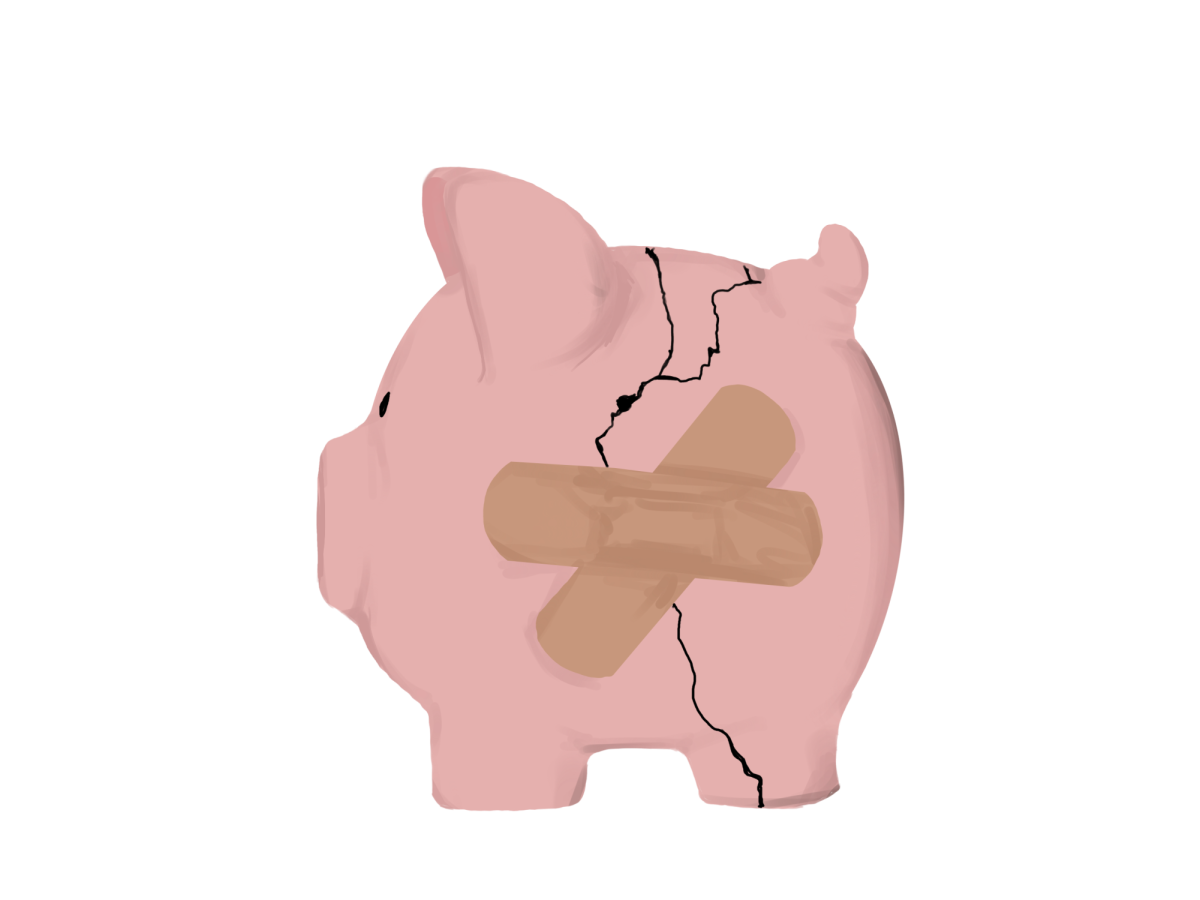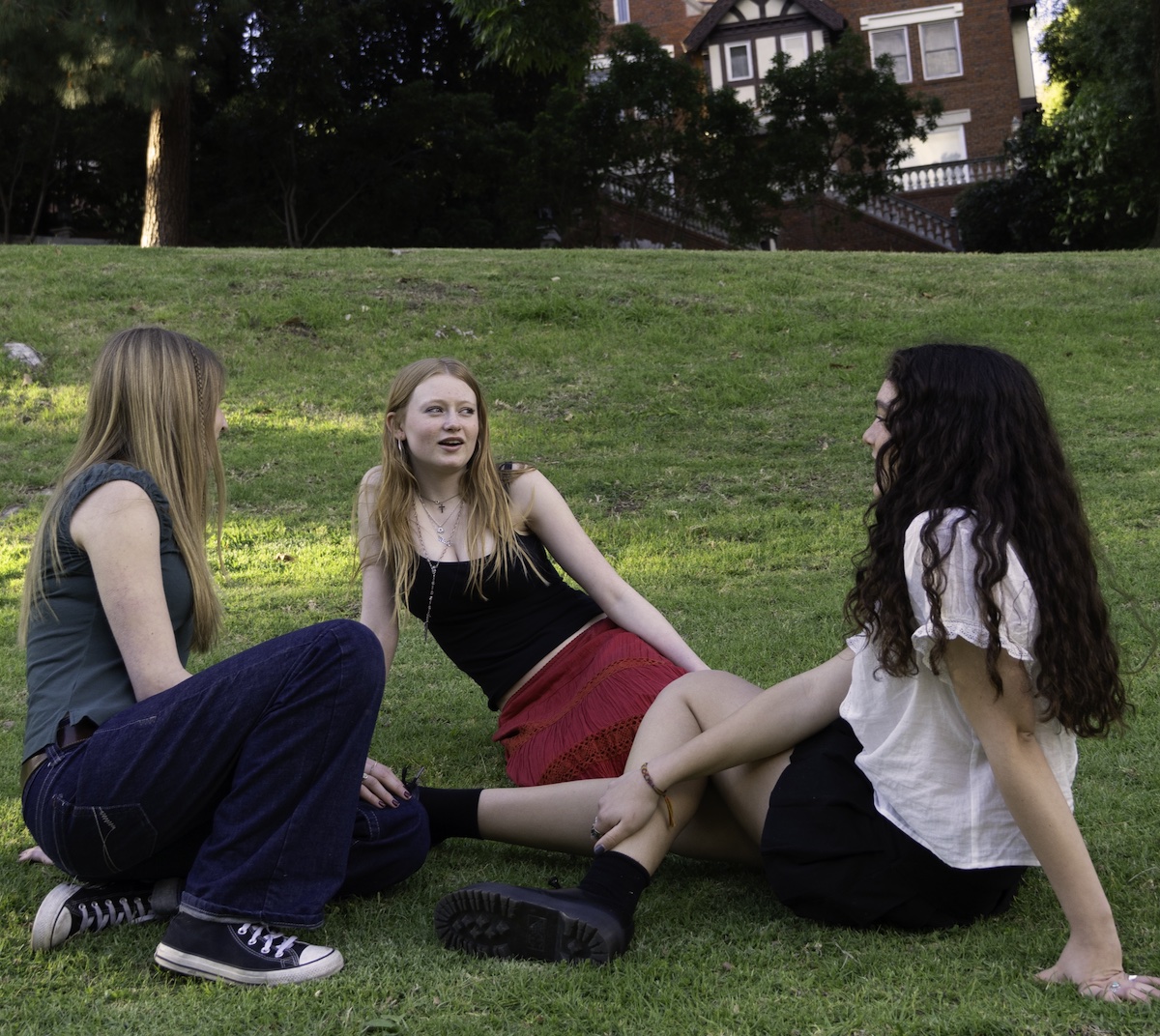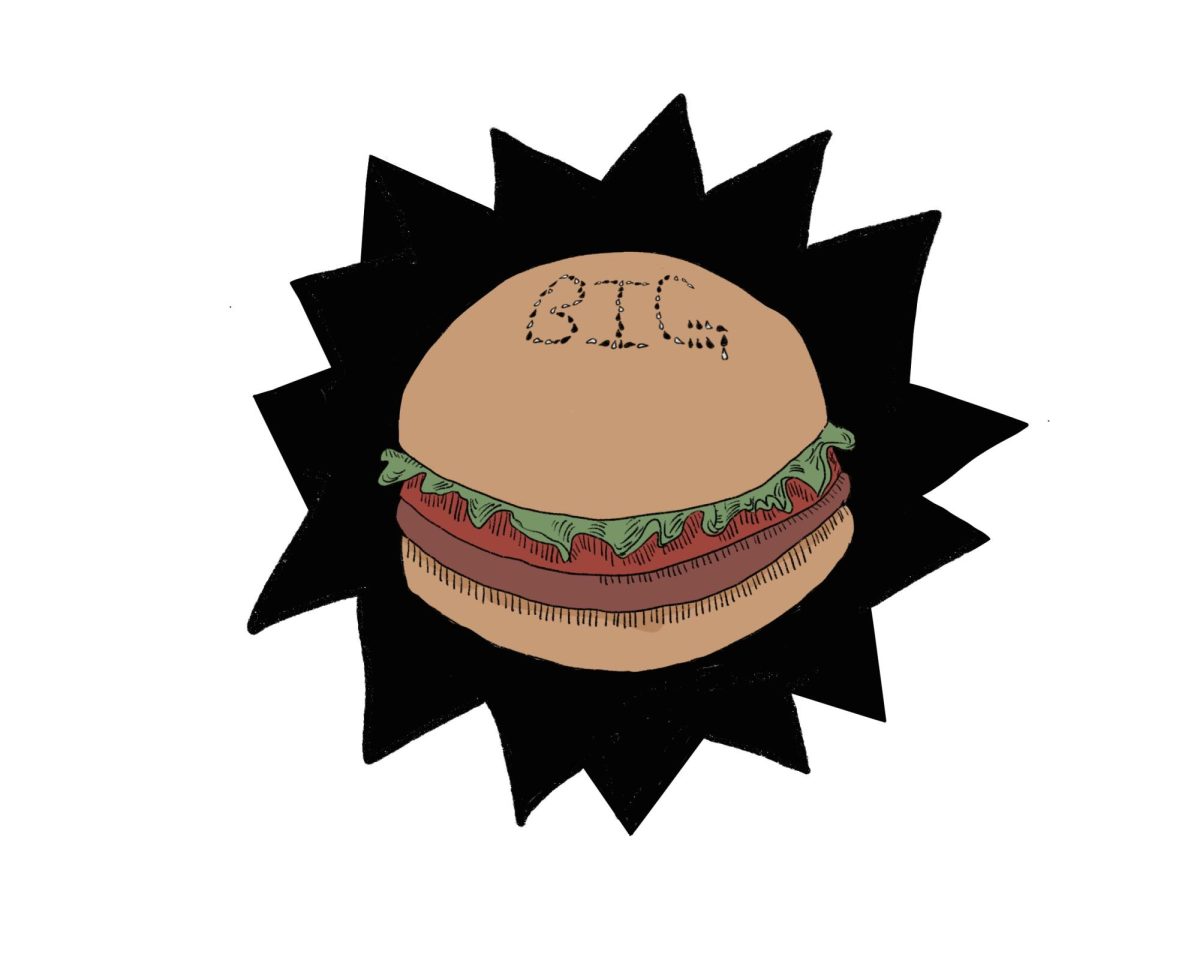Emma Yanai ’21, Allyson Oh ’21, and Samantha Chung ’20

Periods are a regular occurrence for billions of people around the world, fueling a feminine hygiene products industry valued at $24 billion a year and growing. While once dominated by pads and tampons, the industry has diversified, and people now have a vast array of cups, discs, and underwear to deal with their “time of the month.” Despite feminine hygiene products being a necessity for half the population, the topic remains taboo, preventing women from being free to talk about them, and marginalized, preventing disadvantaged women from even having products in the first place.
Stigma

Aunt Flo, Shark Week, That Time of the Month. Girls use a virtually infinite number of euphemisms to avoid using one word: “period.”
According to Health and Wellness Instructor Nicole Beck, this word has become taboo.
“There are all these terms for periods…” Beck said. “But why can’t we just say ‘period’ or ‘menstruation’ or ‘cycle?’”
Among Marlborough students, 47% of 87 respondents to a UV survey said they have felt uncomfortable talking about their period.
An anonymous student said she did not feel comfortable even answering the survey.
“It can be awkward, and it’s not something I feel like talking about,” she said.
Even students who answered the survey noted a sense of awkwardness surrounding periods, especially in a co-ed environment.
“I think there is a deep stigma around periods,” Isabella Whitney ’21 said. “At a co-ed institution especially, it probably provokes greater stigma…Given there are boys, it promotes the sense that girls should be embarrassed about periods because it makes them different than boys.”
“It can be awkward, and it’s not something I feel like talking about.”
Anonymous
This stigma is global. While living in Fiji, Beck witnessed boys and girls being separated when girls’ menstrual cycles began.
“Often, the weight and responsibility of the period falls upon the young women,” Beck said. “There are places in the world where it’s a shameful thing to talk about or to have in cultures where boys and girls around puberty are separated. It’s believed that young women, once they have their period, shouldn’t be around even their brothers in the home.”
Many feel that being at an all-girls school dramatically changes the culture around menstruation. 75% of survey respondents felt that Marlborough has a more open culture around periods than co-ed schools do.
“In public, if I drop a pad, I look around to see if anyone notices,” Sonora Robles ’21 said. “At Marlborough, I just pick it up. One time I dropped a pad and a Marlborough student came and picked it up for me. It really made us bond.”
Not only do students believe that there is less stigma at Marlborough, many also feel that periods can spark a sense of solidarity among classmates. Whitney said periods are a regular topic of conversation with her friends.
“I think that at our school in particular, there is a sense of bonding over shared suffering,” she said. “As that is what a period entails, there is a sense of community that surrounds it.”
Products

Despite the popular belief that pads and tampons are the only products to handle periods, there are actually a wide variety of products that are designed to help with periods. More recently, products have emerged including menstrual cups, which are inserted into the vagina to catch blood, and Thinx, underwear that can be bled directly into and then washed.
According to Healthline, menstrual cups are safer to use than tampons since they collect blood rather than absorbing it. As a result, users do not risk getting toxic shock syndrome (TSS), a dangerous infection sometimes caused by tampons.
Similarly, FLEX Discs are ringed cups inserted into the vagina. They can absorb as much blood as 3 tampons, contributing to environmental benefits by reducing packaging waste. They can be worn for 12 hours without worry of TSS, reduce menstrual cramps in up to 60% of users and reduce dryness and irritation in 80% of users (see pg.15 for review).
Many products, including Thinx, are also appealing for being more eco-friendly than pads or tampons.The average woman throws away 250-300 pounds of period products in her lifetime according to Green Matters, an environmentally conscious lifestyle company.
Although many products are available for purchase, pads and tampons are most common. 82% of 138 respondents to a UV survey indicated that they use pads, while 66% said they use tampons. By contrast, just 3% of respondents cited using menstrual cups.
One of the reasons why pads and tampons may be popular is because they are more “mainstream,” usually being the only supplies available in female restrooms, including those at Marlborough.
Marlborough began providing free pads and tampons in bathrooms two years ago, but some students feel that the supplies offered in Marlborough bathrooms are of lower quality than the products they would use at home. Furthermore, complementary pads and tampons often run out by the end of the day.
“They might not be the highest brand or quality that people might expect,” SarahMae Tuohy ’22 acknowledged, “but I don’t think that’s necessary to have…and it’s a good option for people who don’t have the expenses or time to constantly go out and buy those things.”
Accessibility

According to the New York Times, the average woman will menstruate for seven years in her lifetime. That’s seven years of pads, tampons, painkillers, and the occasional replaced pair of underwear, at a cost that the Huffington Post estimates to be over $24,000. And for many of those 30 million, the majority of whom are women, the cost of feminine hygiene products can be insurmountable. A report in Obstetrics and Gynecology found that 64% of the low-income women they surveyed had not been able to buy the necessary products in the past year .
Dr. Mary Rosser, director of Integrated Women’s Health at Columbia University Medical Center in New York City, believes this crisis serves as a testament to the unique struggles women experience as a result of systemic inequality. Despite being critical to anyone who menstruates, Rosser notes that period products are often “the last thing that gets paid for.”
“Because I think a lot of people complain about their period, and should understand that we’re luckier than a lot of people.”
SarahMae Tuohy ’22
Advocates have begun calling for what has been called “Menstrual Equity,” or equal access to hygiene products. The movement has called for an end to taxes on pads and tampons, which the movement argues are necessities of life. A common talking point among activists is to point out that Viagra remains tax-free.
The movement has seen real legislative change. Federal prisons and public schools in many states are now required to supply menstrual products, and bills have been introduced in the House of Representatives that would mandate that all companies with more than 100 employees provide menstrual products for their workers.
Marlborough students have also become involved in such movements. In addition to the spirit week drive that collected products for low-income women, SarahMae Tuohy ’22 donates products to homeless women.
“I think [lack of access] is something we need to think about more,” Tuohy said, “Because I think a lot of people complain about their period, and should understand that we’re luckier than a lot of people.”






